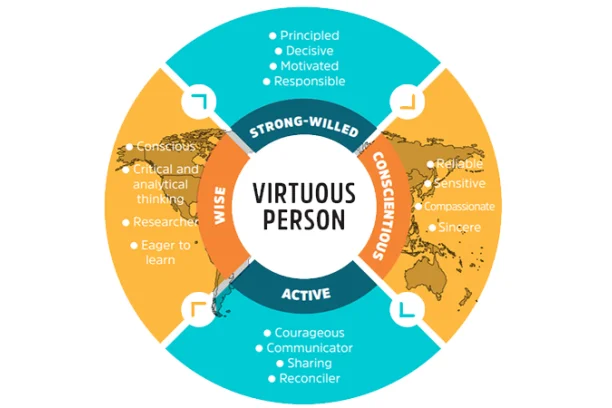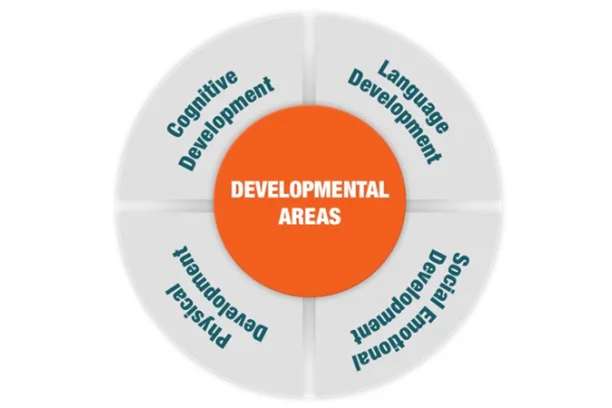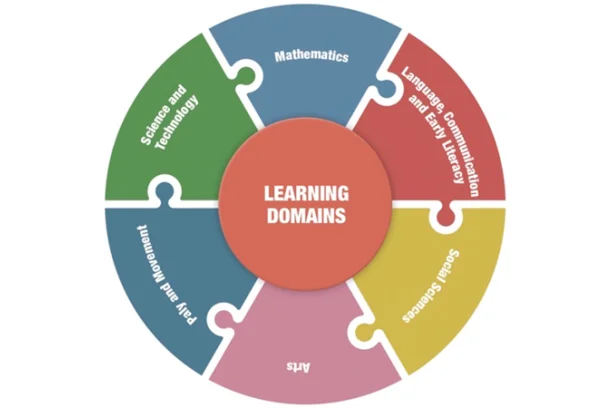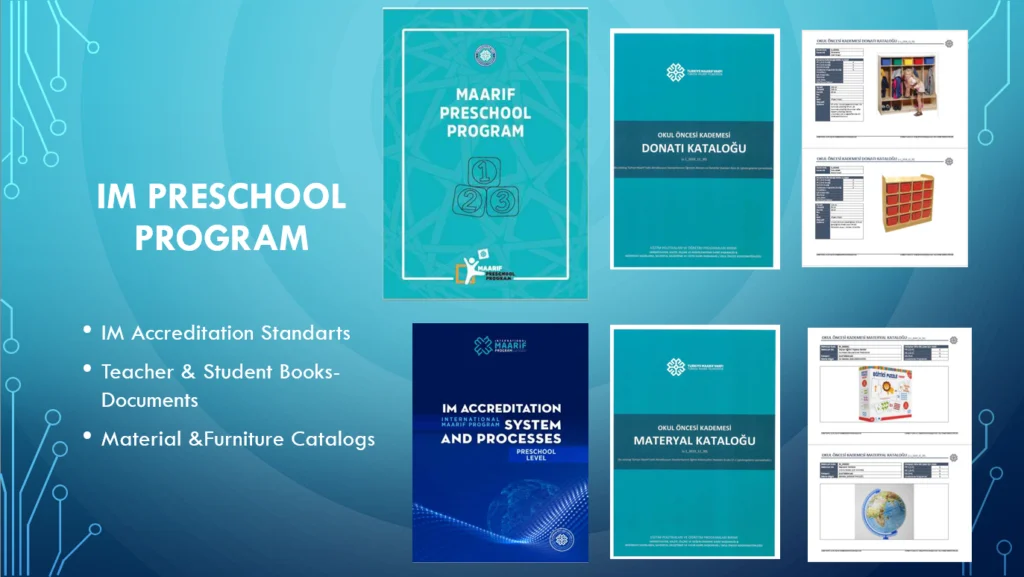

The Maarif Preschool Program is designed to constitute the first level of education in accordance with the IM (International Maarif Program) framework, which has been developed with the goal of making sure that Turkish Maarif Foundation schools carry out educational and training activities in a sustainable manner in line with the Maarif Education Model. Through the standards developed within the scope of the IM, the aim has been to ensure educational progress in an integrated, cumulative manner via the process that extends from the preschool to university levels, evaluates the quality of the education that is provided, and utilizes approaches to education that are sustainable.
Starting with the academic year 2023-2024, IMSB will implement the Maarif Preschool Program which was approved and accredited by the Romanian Ministry of Education and the Romanian Quality Assurance Agency in Pre-University Education (ARACIP) in January 2023.
In accordance with the foundation’s mission, vision, learning profile and basic principles, the aims to be achieved through the TMF’s preschool education are as follows:

The 0-6 age range, which falls into the period of early childhood and encapsulates the years of preschool education, is considered to be the most critical period in people’s lives because that is when children experience the most rapid development in the areas of cognition, language acquisition, sociability, emotionality, and physical and psychomotor dexterity. During this period, children’s development progresses much more quickly than in other developmental stages. Child brain development is largely completed by the time they reach the age of six, and likewise, most developments in terms of personality formation and language acquisition occur in this period.
According to scientific research, preschool education also makes significant contributions to areas such as academic and social success as well as subsequent adult health, which affects people’s lives as a whole. Moreover, preschool education can have positive impacts on children’s thinking skills, attention span, ability to concentrate, problem-solving skills, personality development, social aptitude, self-care skills, and psychomotor capabilities. In this respect, the claim has been made that the long-term economic returns of financial investments in preschool education are at least three- to fourfold.
In early childhood, which is generally deemed to be the period when individual development occurs the most quickly, it is crucial to support children’s development through the settings and stimulants that are provided, which must coincide with their age, interests and particular developmental attributes. The provision of learning environments that facilitate cognitive, emotional and psychomotor experiences, appeal to more than one of the five senses and ensure access to a variety of high-quality stimuli can be ensured by way of a preschool education that is based on scientific research and is appropriate for students’ developmental characteristics.

Supporting all components of development is one of the most important factors for the success of educational programs because human beings are biopsychosocial beings. The program supports children in all areas of development and learning. It includes the acquisition of early academic knowledge, psycho-social, and motor skills, which form the basis of the skills they will need throughout their lives, with targeted development in cognitive, physical, social-emotional, and language areas.

To achieve the field standards and objectives determined for all development areas, learning domains are:
- Mathematics,
- Science and Technology,
- Social Sciences,
- Language, - Communication, and Early Literacy,
- Play and Movement,
- Visual Arts, (Music-Performing Arts)
The outcomes and indicators of these areas have been prepared.
The International Maarif Preschool Program is designed to constitute the first level of education in accordance with the IM (International Maarif Program) framework, which has been developed by education professionals and researchers.



It is technically compulsory to use cookies for the operation of our website and the specifications provided. Other various cookies are used for the purposes of imrpoving our website and presenting you with advertisements in your areas of interest, by us or our authorized service providers.

These cookies are essential for our website to function and cannot be turned off in our systems. They are usually set in response to actions you take that amount to a request for services, such as setting your privacy preferences, logging in, or filling out forms. You can set your browser to block these cookies or to alert you about them, but some parts of the site may not work if you do so. These cookies do not store any information that could personally identify you.
Analytical cookies are used to improve your website experience. They help us understand how you use the site (e.g., which pages you visit, how long you stay, etc.). This enables us to enhance the content we provide or make changes to the website’s design.